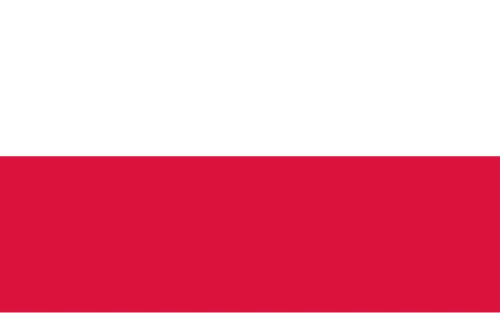
Celebrating Republic Day in the Maldives: A Deep Dive into History and Traditions
The Maldives, known for its stunning beaches and vibrant culture, celebrates its Republic Day every year on the 11th of November. This significant day marks the establishment of the Maldives as a republic, a momentous event that took place in 1968. The declaration of the Republic of Maldives not only reshaped the political landscape of the island nation but also laid the groundwork for its modern identity.
The Historical Significance of Republic Day
Republic Day is celebrated to commemorate the abolition of the monarchy and the establishment of a republic in the Maldives. Before 1968, the Maldives was ruled by a series of kings and sultans. The last monarch, King Muhammad Fareed Didi, was overthrown by a popular movement, leading to the formation of a republic. This shift was pivotal, as it signified the people's call for democracy and self-governance, reflecting a new era for the nation.
How is Republic Day Celebrated?
Republic Day is celebrated with great enthusiasm across the Maldives. The festivities begin with a ceremonial flag hoisting, symbolizing national pride and unity. The capital, Male, becomes the epicenter of celebrations, where parades featuring traditional music, dance, and colorful floats take place. Children wave flags and represent various schools, showcasing the spirit of nationalism. The event also draws participation from the Maldives National Defense Force (MNDF) and the Maldives Police Service, who march in honor of the republic.
Cultural Events and Activities
In addition to parades, cultural performances are a highlight of Republic Day. Local artists perform traditional songs and dances, reflecting the rich heritage of the Maldives. The festivities also include competitions and exhibitions that promote Maldivian art, handicrafts, and cuisine. Local communities come together to organize events that encourage participation and foster a sense of belonging.
Significance of the Day
Republic Day serves as a reminder of the Maldives’ journey towards democracy and empowerment. It highlights the importance of active citizenship and the role of the populace in nation-building. The day also sparks conversations about the progress made in the political landscape and the challenges that lie ahead. As citizens reflect on the values of freedom and equality, it reinforces their commitment to uphold democratic principles.
Tourism and Republic Day
Tourism plays a vital role in the Maldivian economy, and Republic Day attracts numerous visitors who wish to experience the local culture. Tourists are welcomed to partake in various activities and observe the celebrations, further enhancing the cultural exchange. Hotels and resorts often host special events, offering themed dinners and entertainment to mark the occasion.
Conclusion
Republic Day in the Maldives is not just a public holiday; it is a vibrant celebration of the nation’s independence, history, and cultural heritage. As the nation comes together to celebrate this day, it also reflects on its past and looks forward to a brighter future. With each passing year, Republic Day continues to strengthen the sense of unity and identity among the Maldivians.






